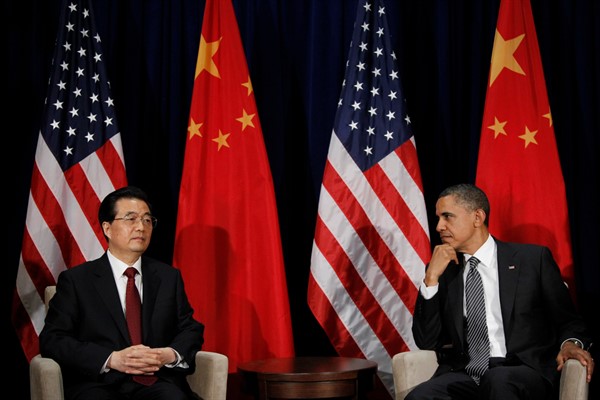Editor’s note: The following article is one of 30 that we’ve selected from our archives to celebrate World Politics Review’s 15th anniversary. You can find the full collection here.
At their conventions last month, both the Republican and Democratic parties declared that the United States is not in decline. The very fact that they felt compelled to deny such a claim, however, reveals the degree to which the issue has become part of the domestic political debate over America’s role in the world. Republican nominee Mitt Romney has cited the high rate of unemployment (above 8 percent) and slow economic growth (1.7 percent) as evidence that President Barack Obama is indeed presiding over an American decline, one that Romney claims he would reverse. Democrats reply that these numbers represent short-run problems and reflect the fact that recovery from financial crises is slower than recovery from ordinary recessions. Obama responded to the charge of American decline by proclaiming that “if anyone tries to tell you our greatness is past, that America is in decline, you tell them this: Like the 20th century, the 21st century will be another great American century.”
Once the electoral dust settles, and no matter who is president, what will be the status of American power in global politics? Conventional wisdom, reflected in current polls at home and abroad, is that American power is indeed in decline. But such polls tell us more about psychology than about power. After all, in the 1960s, a majority of Americans thought the Soviets were 10 feet tall. Then in the 1980s, it was the Japanese who were going to eat our lunch. Today it is China. It is worth remembering that in the 18th century, after Britain lost its American colonies, Horace Walpole lamented that Britain had been reduced to insignificance, on a par with Sardinia or Denmark -- this on the eve of an industrial revolution that produced Britain’s greatest century. The 20th century produced an unprecedented American primacy in which 5 percent of the world’s population controlled a quarter of the world’s product, nearly half its military expenditure and enormous soft power resources ranging from Harvard to Hollywood.

